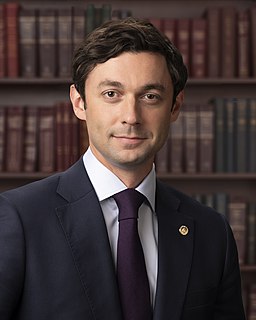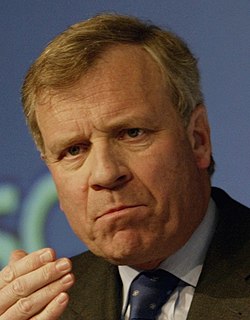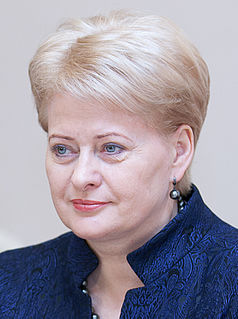A Quote by Aung San Suu Kyi
We have been making constant efforts, all the time, to start dialogue with the SLORC, but you know it takes two. We don't want a monologue. We would like a substantive political dialogue among the SLORC, political leaders including myself, and leaders of ethnic groups-exactly as stipulated in the U.N. General Assembly resolution on Burma.
Related Quotes
It's very difficult to have any faith in the sincerity of the SLORC about stamping out drug production if they find it so easy to forgive a drug baron whom at one time they said they would never, never forgive and would never, never regard as anything but a drug runner. The SLORC is far more aggressive in its attitude toward the National League for Democracy than against drug traffickers.
The rise of a new kind of political science in the 1960s has been driving a wedge between political insiders and voters ever since. By turning voters into interest groups, it stopped establishment leaders from articulating a national narrative. It opened the way for Movement Conservatives to create today's political crisis.
The purpose of the capital formation presentations and roundtable discussions is to create a dialogue with business leaders, economic development organizations, business incubators, and community leaders to promote investment in Montana and support businesses as they start up and/or grow their existing operations.
I do not like to encourage personalized politics, so we would not like it to be thought that just because certain political personalities were attacked, this means the situation is very grave. The true gravity of the situation comes from the fact that ordinary members of the NLD are repressed all the time. We don't want a completely paralyzed political organization, while a select few leaders are protected by international attention.
We do not have many women leaders in the world. But if you look at the current examples, most of those few female leaders that we have today lead their countries under the pressure of difficult political and economic circumstances. They all posses strong personalities and have real political influence on the domestic and international scene.
What really worries me is that those who are in positions of power are not really affected by what we are writing. In the moral dialogue you want to start, you really want to involve the leaders. People ask me: "Why were you so bold as to publish A Man of the People? How did you think the Government was going to take it? You didn't know there was going to be a coup?" I said rather flippantly that nobody was going to read it anyway, so I wasn't likely to be fired from my official position. It's a distressing thought that we cannot engage our leaders in the kind of moral debate we need.



































